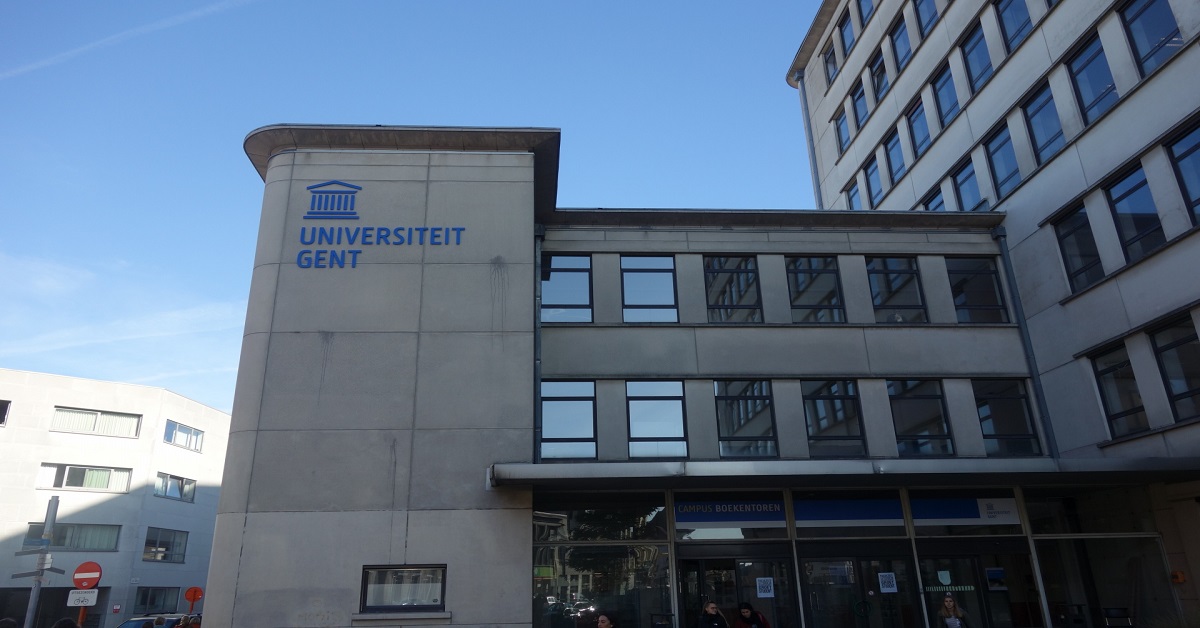PhD Student on Multimedia Streaming in Next-Generation Networks
Job description
We offer a very challenging full-time position in an inspiring, flexible, and very dynamic environment. You will join a young and enthusiastic team of developers, researchers, post-docs, and professors. You will receive a competitive salary.
Research area
We currently have a position for a PhD student to support our research track on Management of Multimedia Streaming Services. The application domain covers a wide variety of networked video applications such as tele-presence, remote learning and training, immersive spaces, remote collaboration, and entertainment, ranging from traditional 2D video over Virtual and Augmented Reality experiences to fully immersive holographic-type communication. This type of applications is a powerful driver for the networks of the future, with 5G networks being rolled out across the globe and ultra-high throughput, ultra-low latency and software reconfigurable 6G networks being the subject of preliminary feasibility studies (e.g. holographic beamforming).
To keep up with the ever more stringent quality, latency and tactile requirements in holographic environments, novel software-defined architectures have to be designed, as well as techniques and protocols to autonomously deal with highly variable network characteristics and user contexts to optimize the user’s Quality of Experience (QoE) dynamically.
In this project, the candidate will work on solutions for multimedia streaming over 5G/6G networks, on topics that include (but are not limited to) the following:
- Application of compression techniques for video formats
- Novel wired/wireless network architectures to support multimedia streaming
- Artificial Intelligence (AI) algorithms for user profiling, traffic characterization and behavior prediction
- Network and application data analysis in support of QoE optimization
- Storage, computing, and network resource optimization for distributed service chains
- Protocol optimizations for large-scale multimedia service delivery
- Users’ perception assessment and modelling for multimedia
- Multi-modal (visual, audio, tactile) track integration and synchronization
Responsibilities
- Conducting research in the context of national and European research projects
- Implementing novel AI techniques for multimedia in next-generation networks
- Planning and conducting well-designed simulation and emulation experiments on our Virtual Wall infrastructure and on imec’s technical lab
- Follow-up, statistical analysis, and interpretation of results
- Present results and findings at international conferences and in scientific journals
Research group and timing
The candidate will be supervised by Prof. Filip De Turck and work at IDLab, a core research group at the Department of Information Technology, Ghent University. Our group performs fundamental and applied research on data science and Internet technology, and is, with over 300 researchers, one of the larger research groups at imec. Imec, in its turn, is the world-leading research and innovation hub in nanoelectronics and digital technologies. By leveraging a world-class research infrastructure and local and global ecosystem of partners across a multitude of industries, innovation is created in application domains such as healthcare, smart cities, logistics, manufacturing, and energy.
The candidate will reside in the iGent building, Technologiepark-Zwijnaarde 126, 9052 Ghent.
Tentative starting period: early 2022. The position is valid for one year and can be extended to a maximum of four years. Visit this page for more information about PhD studies at Ghent University.
Job profile
Profile of the candidate
- Master’s degree in computer science, informatics, or electrical engineering
- A keen interest in network management, preferably in the domain of video streaming services
- Strong analytical skills; well-organized and able to autonomously plan and execute tasks
- Highly proficient in a variety of programming languages (e.g., Java, Python, C/C++)
- Excellent communication skills in English – both orally and written
- Highly motivated to conduct scientific research
How to apply
How to apply
Application submitted electronically in a single PDF file, by e-mail to Prof. Filip De Turck and Dr. Tim Wauters (filip.deturck@ugent.be and tim.wauters@ugent.be)
Include your CV and a motivation letter, and if possible, an overview of study results
Submit your application as soon as possible, as a decision may be taken before the deadline
Selected candidates will be contacted for a remote interview and a programming test
For more information, please contact Dr. Tim Wauters (tim.wauters@ugent.be)
